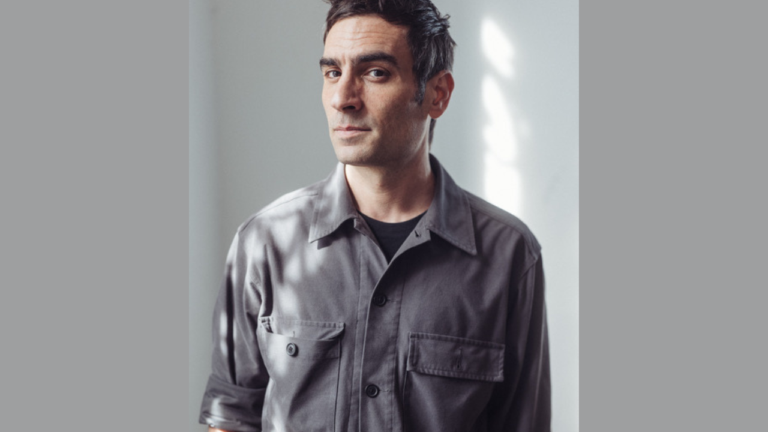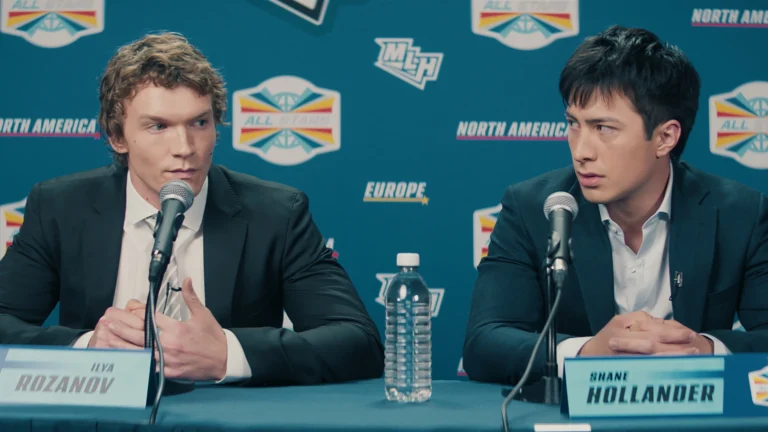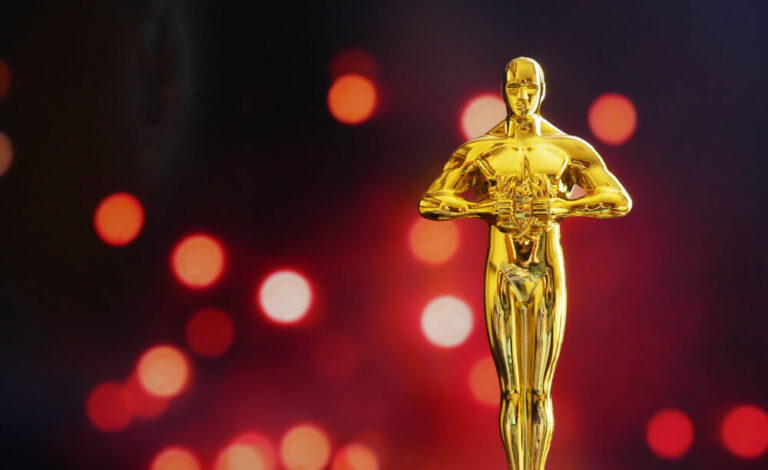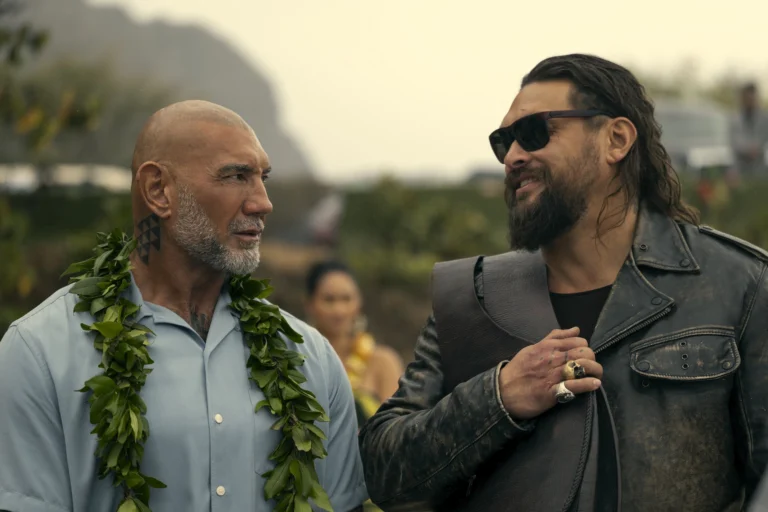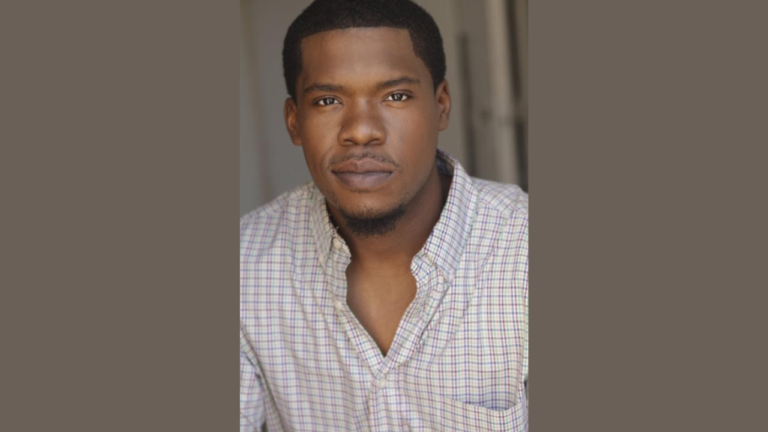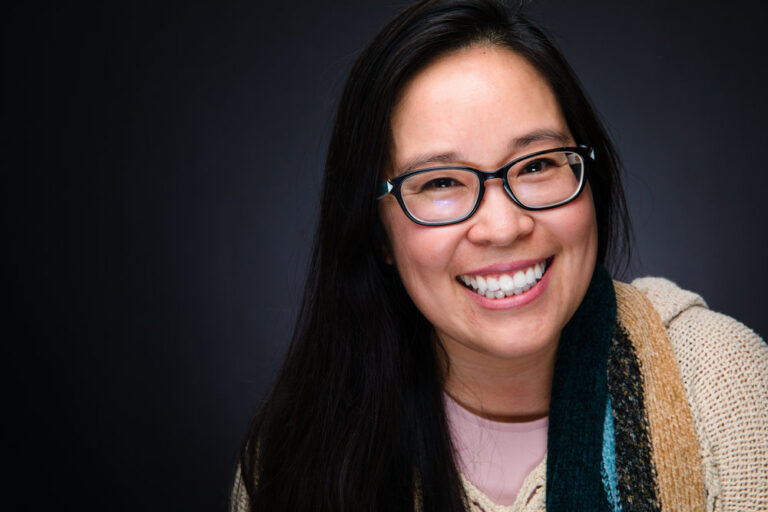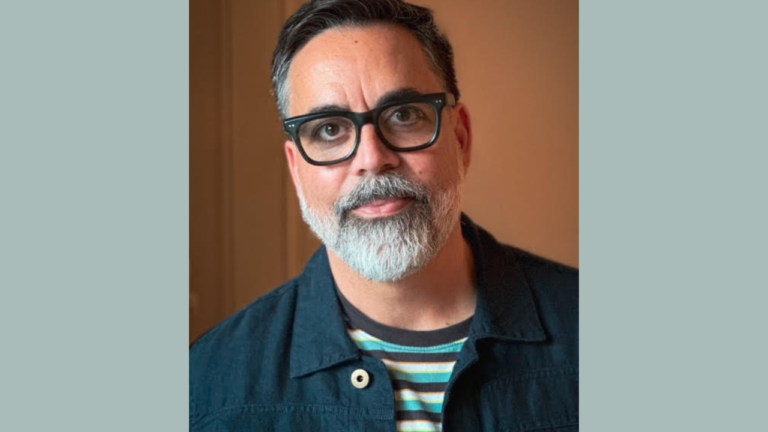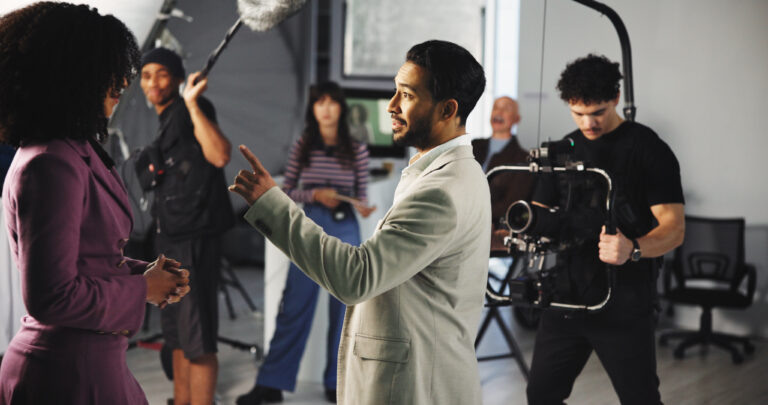Randi Hiller had a very successful career in casting long before she joined Disney to run its casting department. After all, alongside former partner Sarah Finn, Hiller cast the first six MCU movies, starting with Iron Man right up through The Avengers.
Over the last 14 years, her work at Disney has helped to make stars out of dozens of actors, while bringing to life some of the most beloved cinematic stories of recent memory. Every now and then, she casts one of these movies herself. Such is the case with the highly anticipated sequel Freakier Friday, which she cast with Lyberti Evans. The movie hits theaters everywhere on August 8.
Stars of the 2003 original film, Jamie Lee Curtis and Lindsay Lohan, return as Tess and Anna Coleman, alongside rising star Julia Butters as Tess’ daughter Harper, and newcomer Sophia Hammons as her soon-to-be stepdaughter Lily. Also joining the cast are Mark Harmon, Chad Michael Murray and Stephen Tobolosky, all of whom starred in the first film, as well as newbies Manny Jacinto, Vanessa Bayer and Chloe Fineman, among a host of others. Hiller spoke with us from her office in LA.
Insights from Randi Hiller
- Develop strong comedic skills and a unique presence since casting often favors those who can bring genuine humor and emotion quickly.
- Prepare to take direction and adapt on the spot. Casting directors value actors who can take notes and show versatility during auditions.
- Stay persistent and visible over time. Casting directors remember talent from past auditions and may consider you for future roles even if you initially didn’t get the part.
Thinking about joining Casting Networks? Sign up for a free trial today!
Normally, when I talk to somebody about a specific project, I ask how they ended up working on it. This is a little different, so instead I’ll ask how you came to your position at Disney in the first place.
It was a long road. I started as an intern at a talent agency in New York, and then, when I graduated from college, they offered me an assistant job. I couldn’t really afford to live in New York at the time, and LA was so much cheaper, so I moved out here.
I floated at that talent agency for a while, and a desk opened up in the comedy department. I had to go to comedy clubs four or five nights a week and submit paperwork to my bosses.
I didn’t want to be an agent. I worked another job the whole time, for a production company. They were doing a sketch comedy pilot for PBS, and I started recording people I knew from the comedy circuit. They were like, “We have no money. Why don’t you just cast this?” I cast that show, and said [to myself], “Oh my God, this is what I love.”
I got a job working for two of the biggest casting directors at the time, and I was lucky enough to work for a bunch of different people. Then I had my own company, and I was doing pretty well as an independent casting director. I got really busy, and I brought in Sarah Finn to work with me, then I got a call from Disney. I didn’t know that I would be good at this, but it’s been almost 14 years.
You don’t often get to cast things yourself, though. What leads to those instances?
I think it’s so important to just keep your finger on the pulse, and you get a different reading of when you’re in a room with an actor or on a tape with an actor than just watching tapes of other people meeting with them.
We tend to work a lot in-house, but if a director has somebody they work with, we don’t interrupt those relationships. If it’s going to be a massive search that’s going to take a long time, it’s usually us. Sometimes it’s just the budget, since we’re already paid for. If the budget is smaller, we don’t increase the budget.
Sometimes a filmmaker just wants to work with us, so it varies on a lot of topics.
There aren’t a lot of people who do what you do, acting as both administrator and casting director. Can that get complicated?
I think both are beneficial. There are so many casting directors with just amazing, amazing taste, but also so much of what we do is just [going with] your gut. Sometimes you meet somebody in a movie or a TV show, and five years later, you’re like, “Oh my God, they’d be great.” Or, the person who didn’t get that job is right for this.
There’s something different about when you’re the one giving the note and seeing it take action, and you’re on the front line of it. When you’re watching someone else’s tape, or even in the self tape, you’ll think, “Wow, was that a choice they made? Can they take that note? Can they not take that note?” You don’t know what that note is, necessarily, unless you happen to be in the room.
Let’s talk about casting Julia Butters, who is a child star like Lindsay Lohan was.
I think, all in all, for both [teen] roles, we saw about 800 people. I had auditioned Julia for another movie when she was younger. She ultimately didn’t get that movie, but she made me laugh so hard; there was something magical about her.
I used to watch her on American Housewife when she was probably, like, six, and then after that, she did Once Upon a Time … in Hollywood. I called her manager and said, “Can we get her on tape?” I targeted a small group of people.
Julia is so funny, with her observational humor, and she’s a really solid actress. I think she was 14 when we started, and Lindsay is playing a mom of a teenager. Theoretically, she can play the mom of a teenager, but she looks so gorgeous and fantastic.
What about Sophia, who hadn’t done much before this?
She hadn’t done a lot. We had six or eight weeks to cast this, and that wasn’t enough time for us to get a visa for anybody from the UK, so we needed somebody to also do an English accent. We just hit the ground running.
She was in Colorado and came in on a self tape, and then we brought her back several times. To her credit, she worked so hard on that accent. She had less than two months to nail it. It was her first lead in a movie.
With a great attitude and a great will to work, she just stepped up to the plate.
What’s that process like, narrowing down such a huge number of submissions to something more manageable?
We watch everything and take notes on everything. Of those that submitted, sometimes people are way out of the age range.
Sometimes, something draws your eye to certain people. They create emotion right on the spot. They have something, a quality that inhabits the character.
I think, if you see 1,000 people, probably the first 800 are easy to narrow down. The last 200 start getting harder, and then the last 25 is where it gets into play.
Quite often, a lot of those people could be in the movie; it’s just which version of the movie you’re making. Once you get specifically to the final five, it’s not that anybody is untalented or bad; it’s just a different movie than the way the director views it.
Beyond the search for the two kids, which is arduous and enormous, what are some of the larger challenges of casting a sequel like this?
You have to rule out the expectation. That was the stuff of the Marvel movies, and I oversaw some Star Wars things and everything.
When there’s such a huge fan base, it’s easy to get paralyzed by what everybody wants. You just have to focus on the qualities of the character. In this case, did people make you laugh? Did you believe them in that role? We laughed a lot during the audition process for this.
When you finish a job like this, and you’re happy with the results and it’s clear that you did your job well, do you allow yourself to enjoy it? Do you appreciate your work?
The first time I saw anything, I couldn’t focus on the movie at all. I’m just too busy looking for everybody and seeing how they did and being hyper-analytical of it all. Then the second time I see it, I can relax and enjoy it.
Every once in a while — not in this movie at all — but every once in a while, there’s one role that you’re like, “I could have done better on this or that.” There’s a bunch of voices that go into it as well.
I think this movie is really fun. It’s not a movie that’s necessarily made for me. I was too old when the first one came out, but I still laughed and enjoyed it and loved it, which for me was a win. I came out of it feeling really good and happy.
I think people who see it are going to feel good and happy, and you know, the way the world is right now, who doesn’t want to feel happy? Who doesn’t want to just be sheerly entertained for a little bit of time?
Final Takeaways
Breaking into acting takes patience, adaptability, and a keen sense of what casting directors are looking for. Randi Hiller’s experience shows that talent combined with a strong work ethic and the ability to connect with a role can make all the difference. Here are a few practical tips for new actors navigating auditions and casting processes.
- Hone your comedic timing and emotional authenticity to stand out in auditions.
- Be ready to take direction and adjust your performance quickly when given notes.
- Keep building relationships and stay memorable; casting directors often recall actors from past auditions.
- Prepare thoroughly and bring your own unique energy to each role you pursue.
- Be persistent and patient. It’s completely normal to have multiple auditions before landing the right part.
You may also like:

